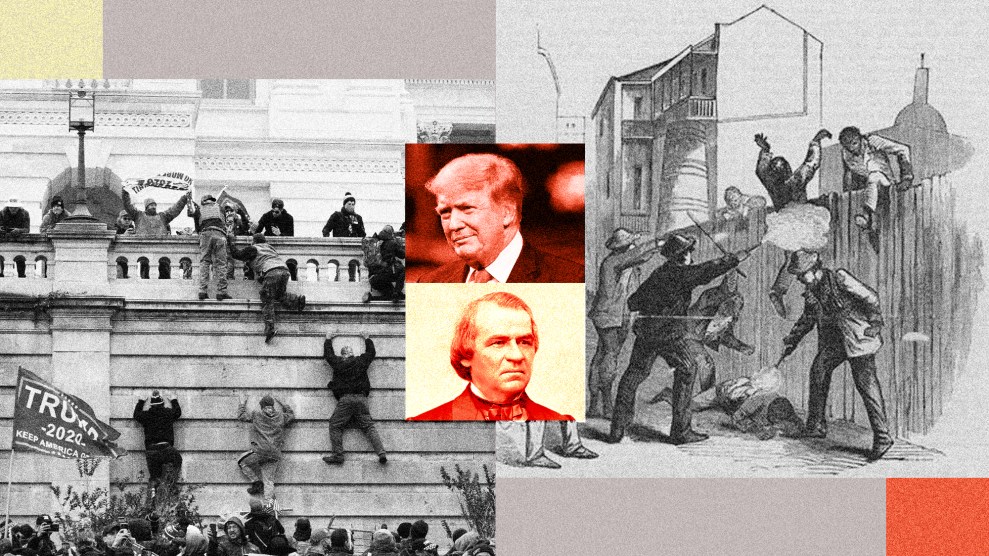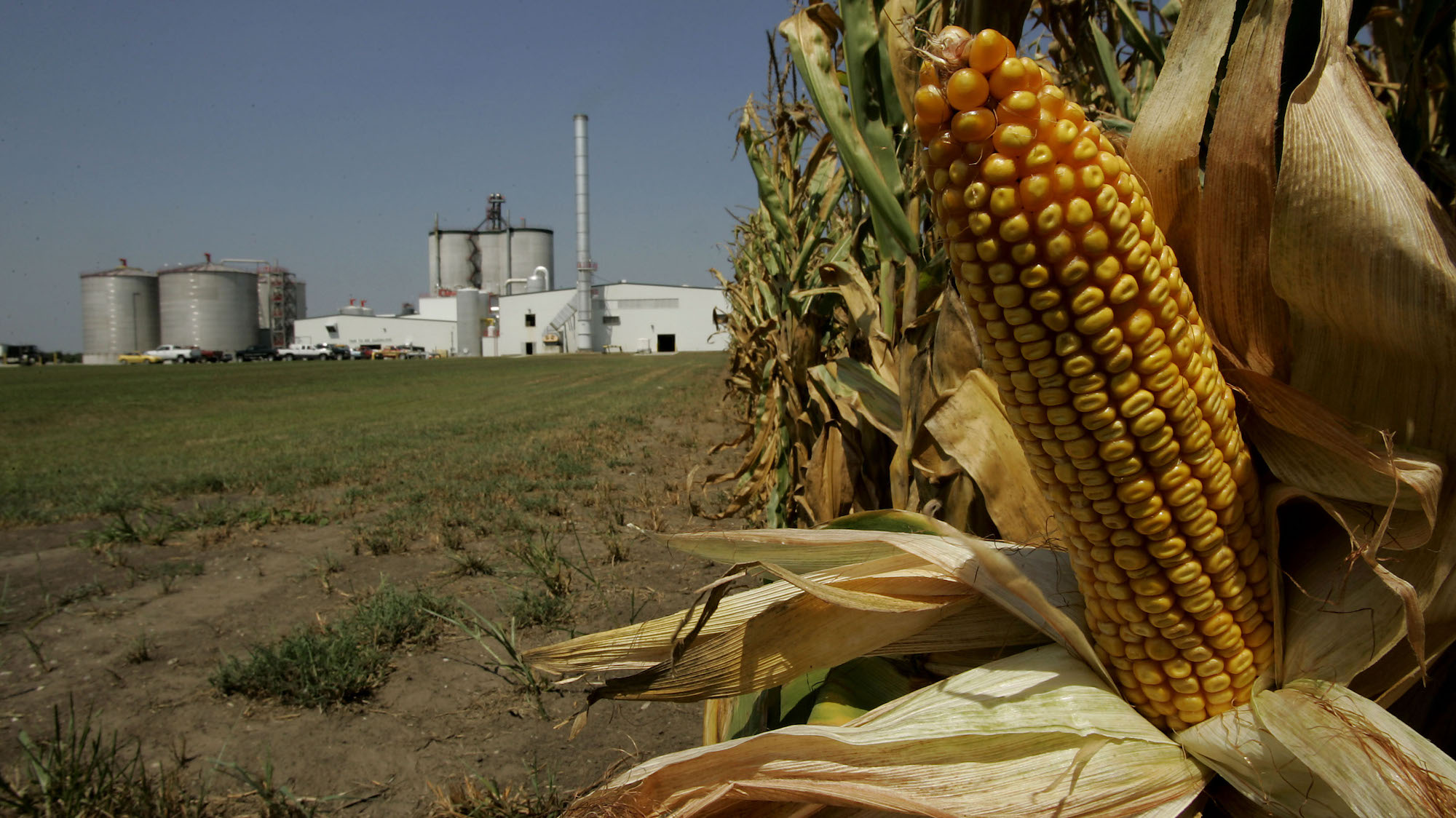January 10, 2022
I've been in denial about Omicron for weeks.
Maybe you can sympathize. After two pandemic years, I was sick of wearing a mask. Vaccinated and boosted, I couldn't understand why I should worry about a milder, albeit more contagious, variant that is highly unlikely to send a healthy twentysomething to the hospital. I was, as they say, "vaxxed and done."
It wasn't until I read Ed Yong's latest piece in the Atlantic that I understood that a small number of severe cases out of a large number of infected people is still a massive burden on the hospital system. On an individual level, this means that if I crash my bike and need to go to the emergency room, I'll likely have to wait hours to be treated. Societally, it means a shortage of hospital workers—because they've either gotten sick or left the profession—and the collapse of the health care system as a whole. "This is the cost of two years spent prematurely pushing for a return to normal," Yong writes. "The lack of a normal to return to."
I've been thinking a lot about what the return to "normal" looks like, especially this weekend. In October 2020, I moved from New York City to Denver, but my old roommate hung onto the apartment. On Saturday, he moved upstate. It took me a while to figure out why this positive development in his life made me so sad. And then I realized that that apartment embodied my pre-pandemic life. When I visited last spring—climbing those same carpeted steps, eating pizza on that same ratty brown couch—I could almost pretend that things were as they had always been.
Soon, a stranger will sign the lease and start sleeping in my old bedroom. Things will never go back to the way they were, and I was foolish, in those early pandemic days, to think they would. I guess Omicron isn't the only thing I've been in denial about. Nothing lasts forever. And that's just the way things go.
Onward.
—Abigail Weinberg

The historical resonances are astounding.
BY ANTHONY CONWRIGHT

BY ARI BERMAN
BY DAMIAN CARRINGTON
BY DAN SPINELLI
BY JAMES DINEEN

The “Midwest Carbon Express” will rely heavily on policies that Vilsack has been pushing for his entire career.
BY TOM PHILPOTT

Support from readers allows Mother Jones to do journalism that doesn't just follow the pack.
Did you enjoy this newsletter? Help us out by forwarding it to a friend or sharing it on Facebook and Twitter.





No comments:
Post a Comment